Gulf investors more covert on land deals
- Daily Nation
- 30 August 2009
Land buying firms no longer disclose their identities to avoid tarnishing their image
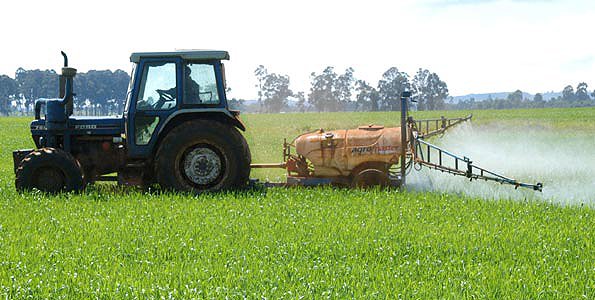
Land buying firms no longer disclose their identities to avoid tarnishing their image
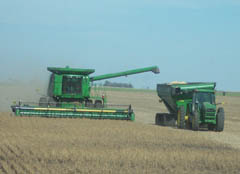
Instead of offering incentives on a similar scale to local farmers, Islamabad is offering legal and tax concessions, with legislative cover, to foreign investors in the form of specialised agricultural and livestock 'free zones' and may also introduce legislation to exempt such investors from government-imposed tax bans. The most worrisome aspect of such wheeling-dealing is the government's decision to develop a new security force of 100,000 men spread across the four provinces to ensure stability of the Arab investments.
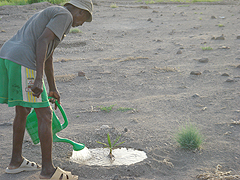
"Jamais deux sans trois", dit-on. L'adage se vérifie avec la concession du Malawi, après l'Ethiopie, de quelques 55 000 ha de terres agricoles en faveur de Djibouti.
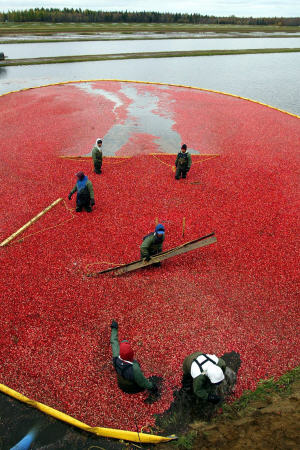
Mr Patima, of Colliers International, said trying to block overseas investment in Thai agricultural land, especially from the Middle East where food supplies were scarce, was next to impossible

Ministry of Agriculture, Forestry and Water Management issued Tuesday an announcement offering 765 hectares of state agricultural land under lease agreement for periods varying between 15 and 50 years.
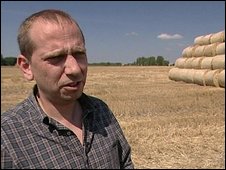
"The reasons [Ukrainians] choose to lease [Landkom] their land has nothing to do with money - it is an emotional desire to see their region go forward, that's all," says Paul Spinks.
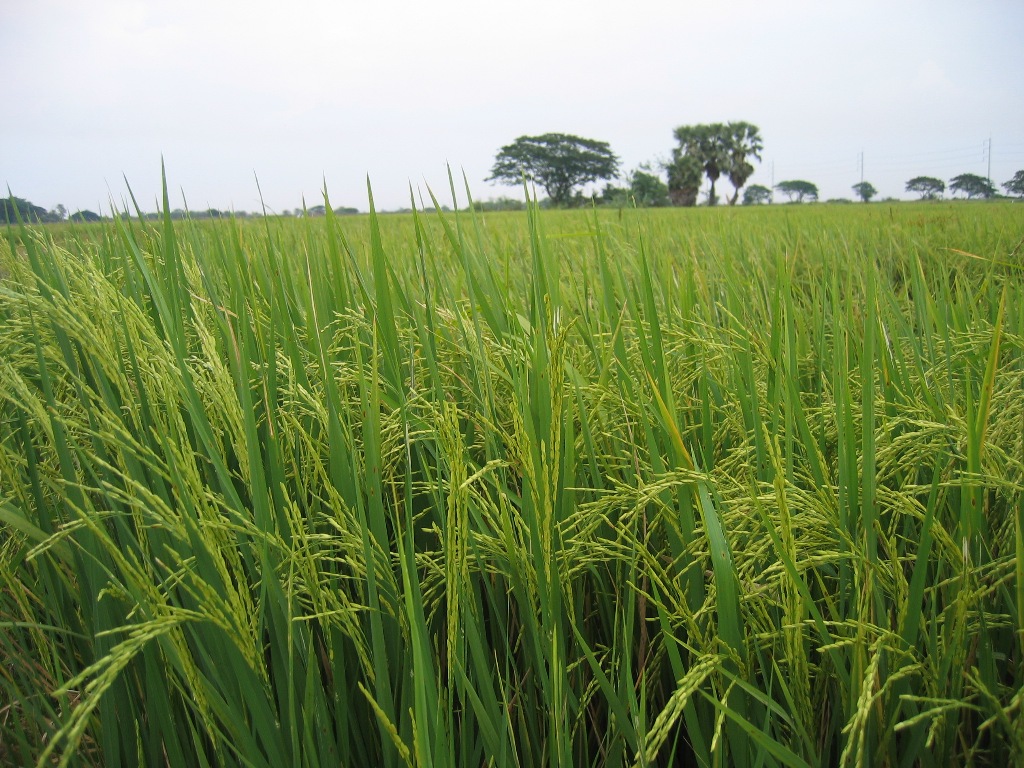
The Department of Special Investigation will launch an inquiry into four Thai companies in Ayutthaya which own rice-farm plots of almost 10,000 rai. Transnational business consortiums are said to be buying the land through Thai nominees, which is against the law.
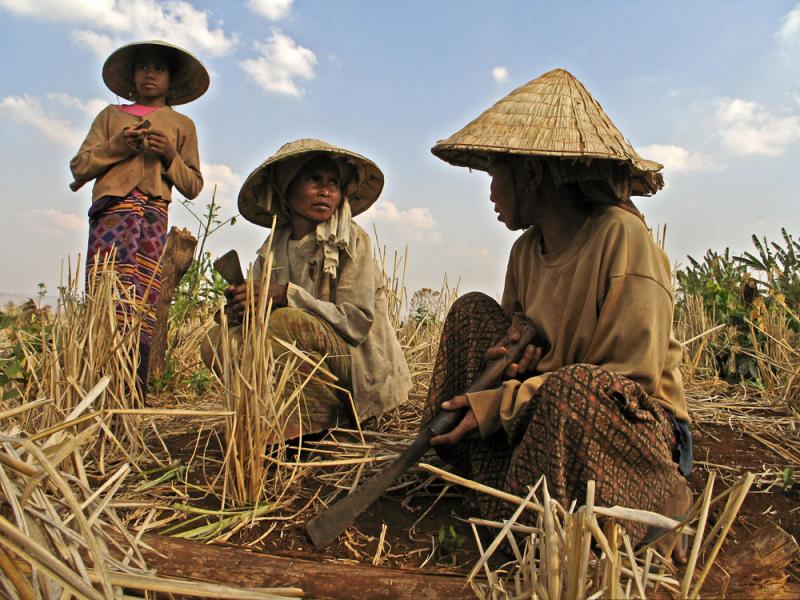
Lao Minister of Industry and Commerce confirms that his government is in negotiations with Thailand to join a rice land deal with Kuwait.
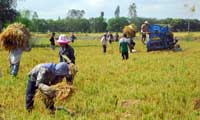
The congress will look at one of the key trends in world rice and other food production, including the "off-shoring" of farm production by several influential countries, including China, South Korea and Japan, he said.
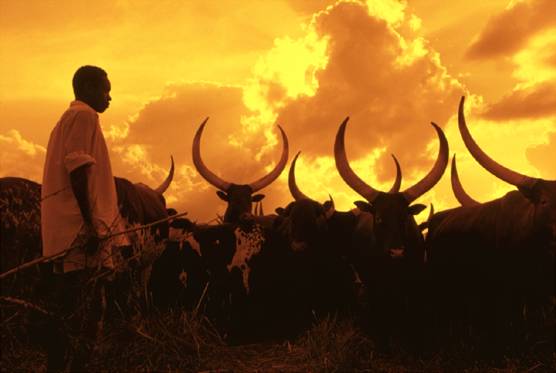
President Museveni on February 23 wrote to Finance Minister Syda Bbumba advising against allowing foreigners to buy large chunks of land in Uganda in order to grow food.
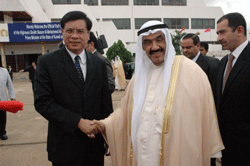
"It appears that offering our lands to foreign investors has always figured in the official agenda of Arroyo’s numerous state visits to other countries since assuming office, presumably in line with her "2 million hectares agribusiness development program," Anakpawis party-list Rep. Rafael Mariano of the Philippines said
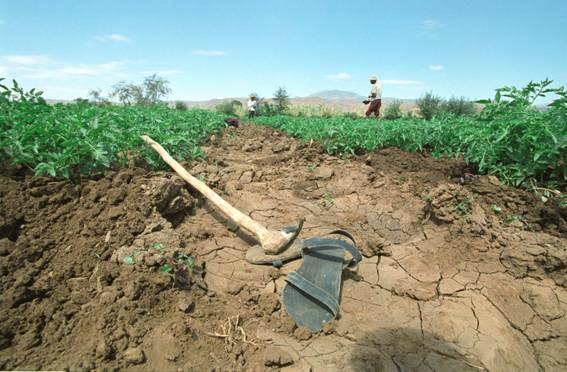
Ginbot 7 unequivocally believes that Ethiopian sovereignty trumps contractual obligations.